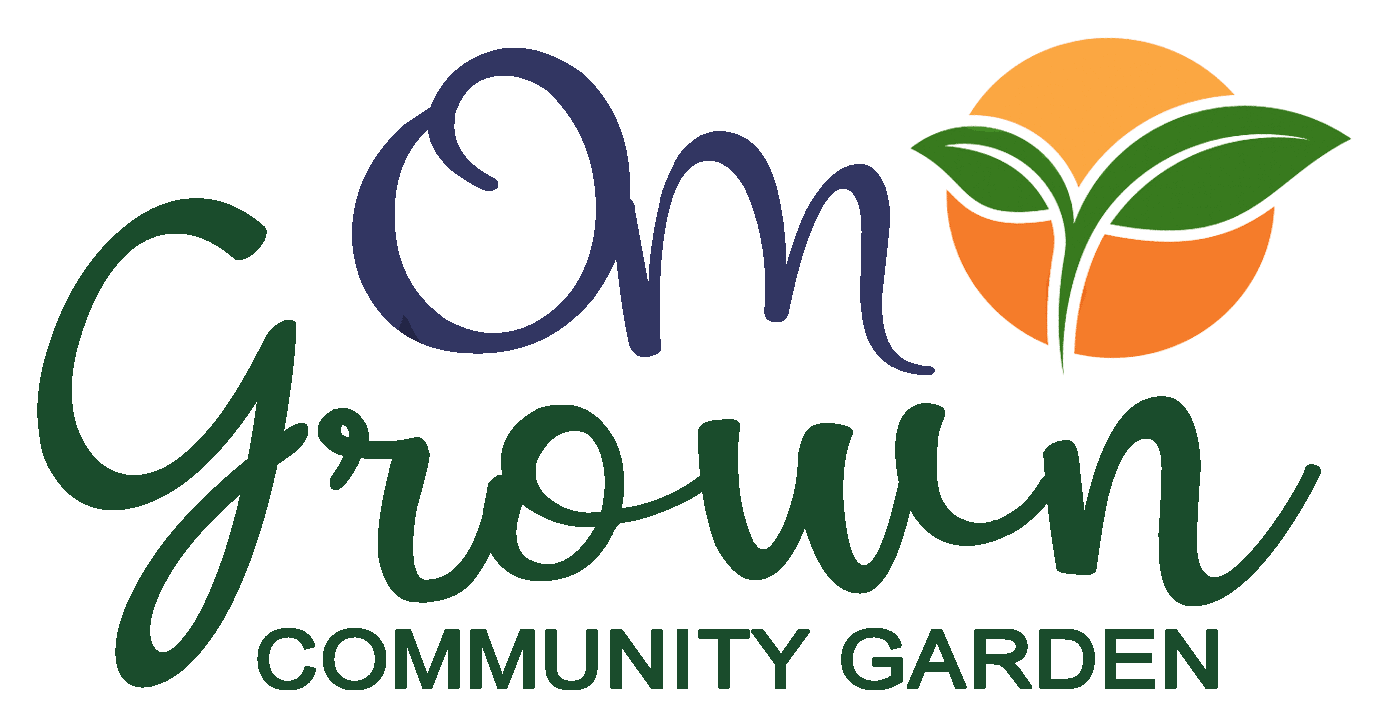According to the Pet Products Association, more than 62% of the US population has some type of a pet. Even if you don’t own a pet, these characteristics have been studied over the millennia as humans and animals have interacted with each other.
Are you a dog person? 39% of pet owners are. Maybe you are a cat person? 33% of pet owners have cats. Or, perhaps you prefer birds, fish, or horses.
According to a survey done by OnePoll for Mars Petcase of 1000 dog owners and 1000 cat owners, those with dogs lean towards having personality traits such as being extroverted, fun-loving, outdoorsy, social, and structured. They tend to earn more and lean towards action films for their movie choices.
While cat people are generally more reserved, introverted, curious, creative, unconventional, free thinkers who prefer to stay closer to home and like documentary films. A study done by the University of Texas showed similar results.
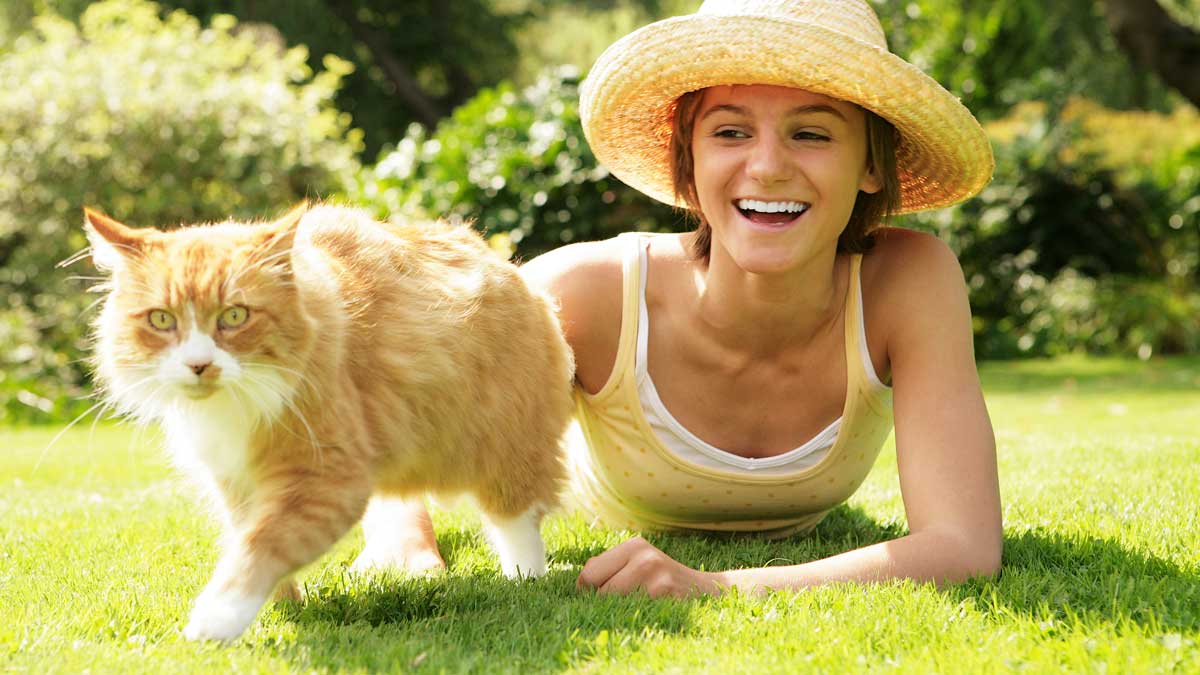
Do you have combined characteristics? Maybe you prefer both types of pets. What about other creatures? Here are some descriptive words and phrases that have been compiled from various surveys and studies of personalities associated with certain species of animals
- Birds: more social and easygoing, expressive, strong personality
- Fish: happy-go-lucky, humorous, optimistic, calm, trusting
- Horse: assertive, strong willed, introspective, conservative
- Rabbits: introverted, creative, carefree, moody
- Hamsters, Guinea pigs, Chinchillas: intellectually curious, nocturnal workers
- Turtles: hardworking, easygoing, reliable, and punctual
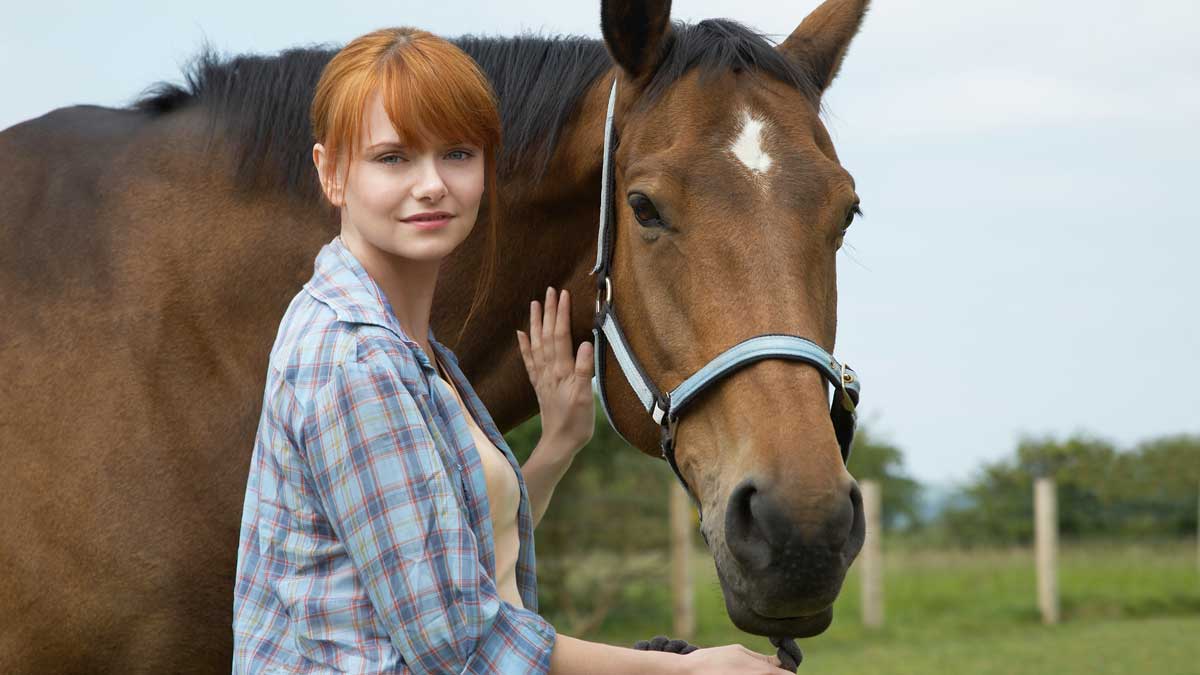
Table of Contents
The Health Benefits of Owning a Pet
Florence Nightingale, a world renowned nurse who was at the sides of wounded soldiers in the early 19th century, was often accompanied by an animal to help these patients deal with the misery of their wounds.
The term “Pet Therapy” was coined in 1964 by a child psychologist named Boris Levinson after he saw how his dog, Jingles, was very helpful in helping with his patients’ comfort.
Having a pet has many benefits such as:
- Bringing joy to your life.
- Increasing opportunities for exercise, spending time outdoors, and socializing.
- Reducing depression and anxiety.
- Improving your life outlook.
- Reducing or removing loneliness with their companionship.
- Averting boredom.
- Improving your relationship with your doctor.
However, owning a pet is a responsibility and before taking in a pet through adoption or purchase from a breeder consider these points:
- Costs/budget for the animal(s) — remember food, shots, vet checks, and disease possibilities
- The expected length of life of the pet.
- What diet is best for the pet.
- The amount of time needed to exercise the animal.
- The overall size of the pet.
- The time involved to care for and clean up after the pet.
- If you have the best atmosphere for a pet.
- Whether a pet is allowed in your apartment, building complex, or home.
- The people who will be around your pet.
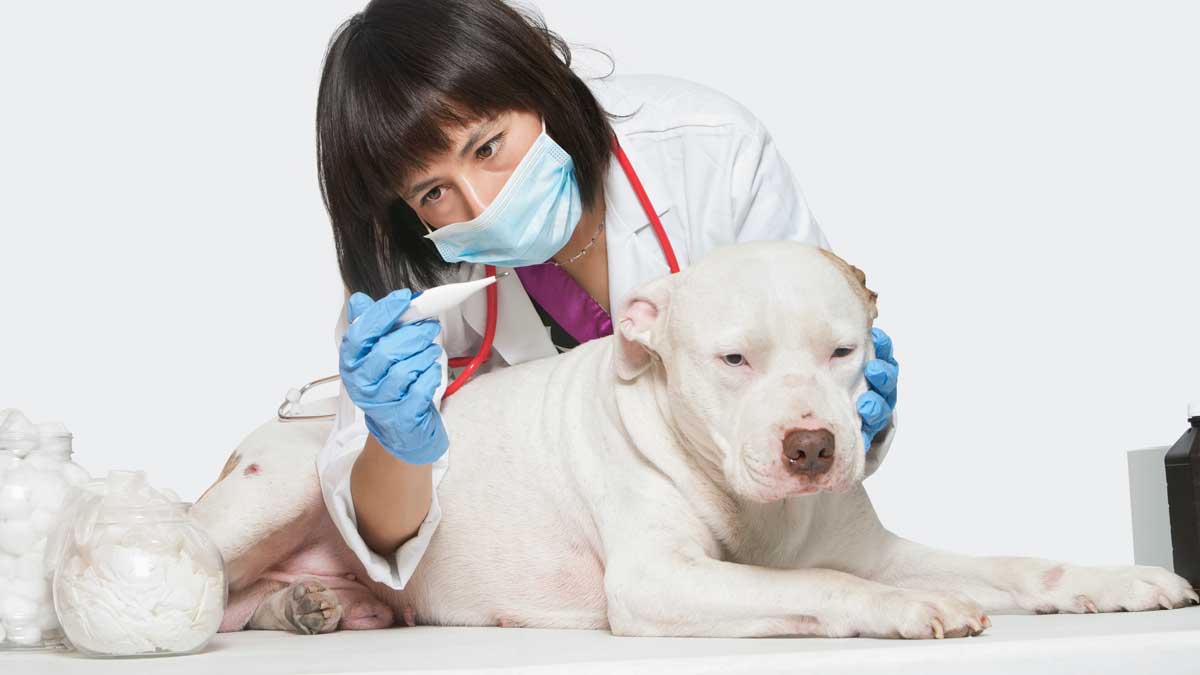
Taking Care of Your Pet’s Health
It is essential that you take the best care of yourself so you can tend to your pet’s well being. Also, keep in mind that your diet is not your pet’s diet and you must not try to make it that way. While there may be some overlap, each of you has different dietary and lifestyle needs.
The differences include:
- You need to eat healthy, organic, and balanced, preferably you will eat a diet that is high fiber, plant based foods.
- Your dog or cat are carnivores and a diet of plants won’t work for them. They need little or no grains and no artificial anything!
- Horses and rabbits are herbivores and must take in appropriate types of plant protein.
Fish and reptiles have a more varied diet. - Dogs, cats, and rabbits that go out in grasses and other grounds should have regular baths and you should even clean their paws and snouts to remove chemicals and other debris.
Some similarities between you and your pet include:
- A need for regular exercise.
- Plenty of fresh water on a daily basis.
- The least amount of processing and organic is best for you both, whether it be food, hygiene, and other types of materials for toys, bedding, and snacks.
- You should both avoid chemicals, especially Glyphosate in products like Roundup.
- Supplements of omega fats.
- Touching, stroking, petting, and massaging.
- Clean air, proper ventilation, and proper environmental temperatures.
- Frequent socialization.
- The need for love and affection — when you say “I love you” to your dog, the animal will respond with equal affection.
When owning a pet, it’s also important to pay attention to your animal’s behaviors. Is it acting differently than normal? Is it barking excessively, cowering, itching, unable to run, slow in movement, not eating, or chewing on grass excessively? There may be some unmet needs in your pet that they are signaling you to.
You may need to:
- Check the food and water of the animal.
- Have a vet check your pet and perform an allergy panel.
- Make sure your pet hasn’t ingested something irritating or toxic.
Just as you would evaluate your health and see a doctor or health care provider if you were feeling poorly, as a pet owner you must make sure your pet is well taken care of too.
Holistic Care of Your Pet
Just like with holistic health care in humans, holistic pet health care is an approach by which every aspect of the pet including food and nutrition, lifestyle, activity level, supplements, medicine and treatments is considered as part of a program of health.
The trend towards holistic care of a pet makes sense. Purity and excellence of food, environment, treatments and overall respect for the animals is what holistic care is here to accomplish.
Treatments of acupuncture, massage, herbal medicines, chiropractics, and other types of holistic care that humans use, can also be utilized with pets.
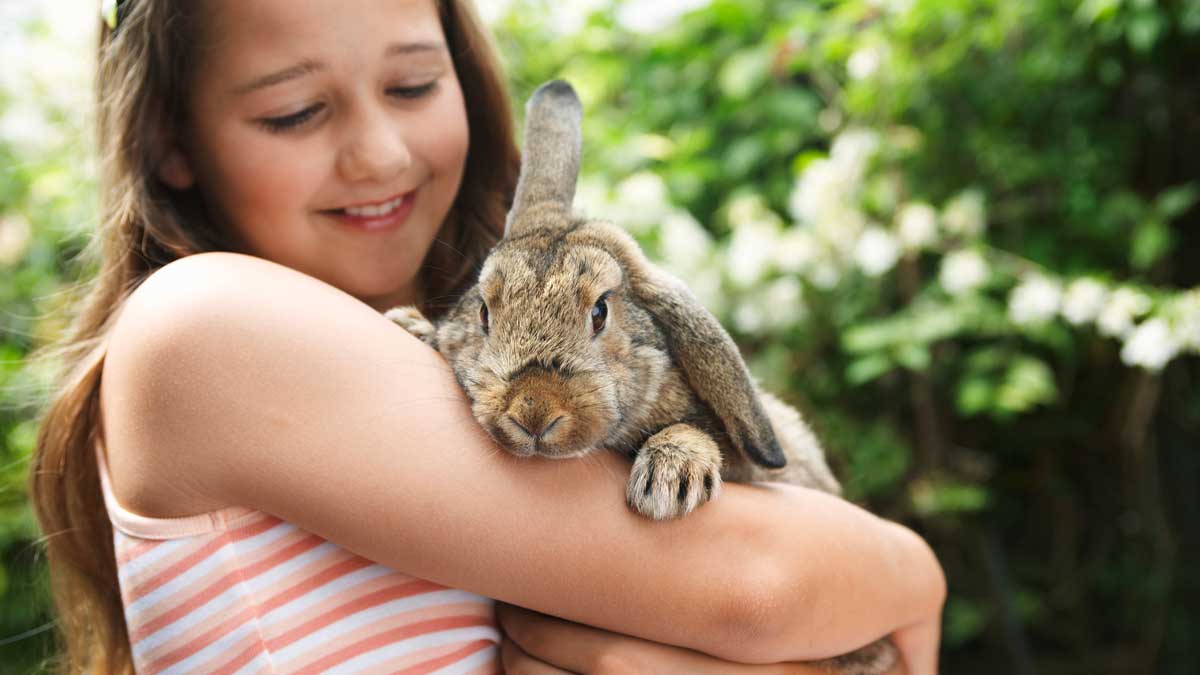
A World Without Animals
It’s tough to imagine a world without animals. If we want to keep our pets and wildlife protected and around for the next generations, it’s high time that we are paying attention to the care of the environment around us.
Currently, there is an inordinate number of domesticated animals developing cancers, diabetes, arthritis, and allergies. Poor care of pets comes from lack of education on how to care for them. Humans have trouble caring for themselves for the same reason and more.
A very alarming statistic is the diabetic rise in cats and dogs in today’s world. Since 2006, there has been a 79% rise in canine diabetes, according to the Banfield State of Pet Health Report.
An equally disturbing statistic is the rate of cancer in dogs and cats. 1 in 65 dogs and 1 in 80 cats will be afflicted with cancer. The reasons for this rise include things like obesity, low quality food and drink, and chemical poisoning in the environment. Also, as pets spend more time in pens, cages, small areas, apartments, and inside the homes of sedentary owners, they don’t get the activity that they need on a daily basis.
But, will this mean the extinction of domestic animals? It’s not likely in the near future, however if we continue to pollute our lives and theirs it will be a sad future for everyone.
According to the U.N. Convention on Biological Diversity, there may be more than 100 species of creatures becoming extinct every day. This is controversial but it may very well be the reality we face.
Since the 1600s, humans have driven over 680 vertebrae species to extinction including the Pinta Island Tortoise. The last of this species — a giant tortoise named Lonesome George — died on the Galapagos Island in 2012.
Chemical pollution of air, water, earth, and sky, with cheap, artificial materials like plastics and petroleum products, as well as hunting, fishing, modern development, deforestation, artificial intelligence and all the cellular technology in this world are destroying our lives, along with all of the creatures.
Let’s do better and keep our animals with us for mutual health benefits!
- Men’s Health: Making the Right Moves to Enhance Vitality - March 5, 2024
- Scams, Frauds & Other Horrors: Why Does This Happen - November 30, 2023
- The Essence of Being: How Food Shapes Our Evolution and Destiny - November 27, 2023

